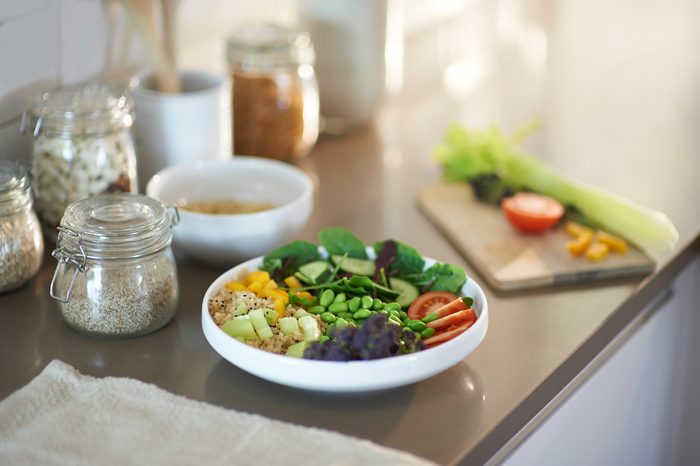
Health debates answered
It would be great if there was one book with all the necessary knowledge to live healthily for as long as possible. Although there are great resources, science and the modern world are always changing and developing—and so too is our information on how to live a healthy life. According to experts, this is the latest on the following health debates.

Is red wine good for you?
“For heart disease prevention, we don’t write prescriptions for people to start drinking red wine,” says Nieca Goldberg, MD, Medical Director of the Joan H. Tisch Center for Women’s Health at NYU Langone Medical Center. Red wine does contain resveratrol, an antioxidant that can help protect the body against damage, but drinking too much alcohol can cause numerous health issues like raising your risk for cancer, and heart disease, liver trouble, and dementia reports the Centers for Disease Control and Prevention (CDC). One of the main benefits is thought to be cardiovascular risk reduction, though most of this is epidemiological. And it’s unclear how much of a role resveratrol plays in the benefits of wine, per the journal Circulation.
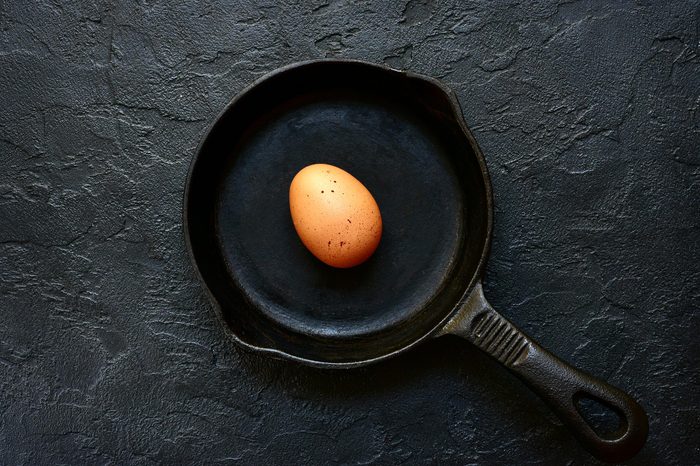
Are eggs healthy for you?
A few years back, heart experts put eggs on the “bad list” thanks to their cholesterol content. Then researchers realized that cholesterol in food doesn’t have much effect on cholesterol levels in your blood. Recently, a study again raised concerns about eggs and heart issues, but dietitians say there’s no need to eliminate eggs—but also don’t go overboard and eat a ton.
“We do not need to fear having eggs in our diet,” says registered dietitian nutritionist Emily Tills. “Eggs are considered one of the purest forms of protein. They contain all of the essential amino acids that cannot be made by our bodies and must be taken in through food. The yolk and the white both contain different vitamins, minerals, and amounts of protein and fat. The yolk has a lot of the fat-soluble vitamins, like vitamin D, whereas the white is higher in protein.”
The American Heart Association says eggs can be a part of healthy diet but also recommends limiting dietary cholesterol in general. An intake up to one or two eggs a day would be reasonable for many people, they say.

Is a gluten-free diet healthier for you?
Going gluten free is popular but—unless you have diagnosed with celiac disease or gluten sensitivity—you won’t benefit from hopping on this trend says Daniela Novotny, a biomedical sciences instruction, registered dietitian, and wellness consultant at Missouri State University. Unless your doctor puts you on a gluten-free diet to help diagnose a sensitivity.
Gluten is a type of protein found in certain grains like wheat and barley, and some people have a bad reaction to it. (Celiac disease is a serious autoimmune reaction to gluten that can damage the intestines.) For anyone else who tries to avoid gluten, they’ll end up eliminating some carbohydrate foods from their diet, says Novotny.
“If you cut back on carbohydrates, you do tend to see more weight loss,” Novotny says. But she recommends watching your carbs generally—not focusing on gluten. “That’s not going to be make-or-break. Food really is a sum of all of its ingredients.”
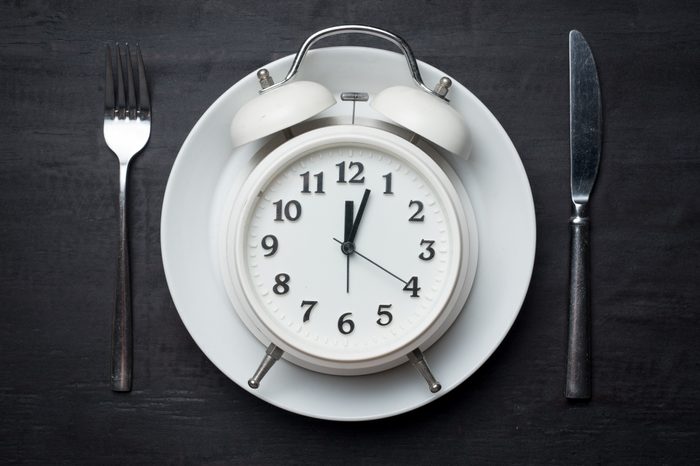
Are there benefits to intermittent fasting?
Researchers are still studying intermittent fasting’s benefits. “It all depends on what factors you consider and the duration of your fasts,” says registered dietitian Andres E. Ayesta, founder of Vive Nutrition. “The typical approach of 16 hours fasting and eight hours of eating helps you have better control over your daily caloric intake for those trying to lose weight. There are some animal studies looking at the effects in longevity and some data on humans shows it may help. One thing that is important to understand is that this is not a magic solution for health or weight loss. You still need to be aware of your total caloric intake because eating more than what your body needs in that period of time will not help your weight goals, and ultimately health.”
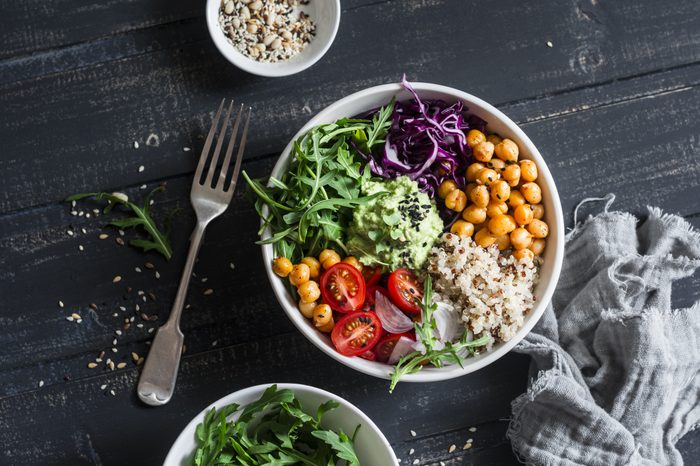
Is a vegan or vegetarian diet healthier than eating meat and animal products?
“Research is mixed on the benefits of a plant-based diet and a carnivore or meat-based diet as both have shown improvements in health depending on the context they have been put it,” says Ayesta. “For example, a ketogenic diet that is usually meat-based, high in fat, and low in carbohydrates can improve health markers and insulin sensitivity. By the same token, plant-based diets promote higher consumption of vegetables and fruits, increasing the amount of dietary fiber consumed.”
But for long-term health—of yourself and the planet—vegetarian plans win out, as long as people are diligent about meeting all their dietary needs, says Ayesta. “Meat-based diets, particularly ones with higher intake of processed meats, have been linked to increased risk of cancer.” Though he believes the best approach is the one that works best for you. There are a few other things to note. There are few studies that compare ketogenic or paleo or carnivorous diets directly to vegan diets. Also, keto and paleo diets generally do include healthy amounts of vegetables and sometimes fruits in comparison to standard American processed foods-based diets.
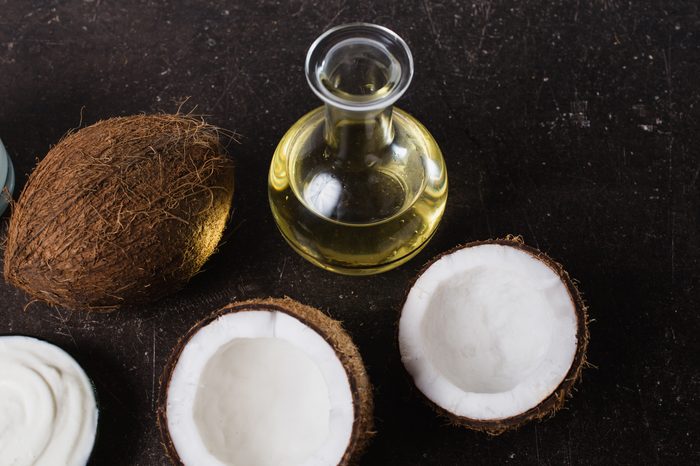
Is coconut oil really “pure poison”?
In 2019, a Harvard professor said coconut oil was “pure poison.” Her claim may seem a bit extreme, but coconut oil is something to be wary of. “Some benefits to coconut oil are that it gives a nice flavor to food, has higher smoke point than olive oil (meaning you can sauté better without burning), and contains medium chain triglycerides (MCTs),” says New York City-based dietitian Rachel Larkey. “MCTs are more easily digestible than some other types of fats, which means they might be good for people who have digestive diseases or trouble absorbing nutrients. They may also be helpful in brain function. It’s important to be aware though that coconut oil does have a lot of saturated fat, which means if you have high cholesterol you might want to use other oils in your rotation as well, instead of only using coconut oil.
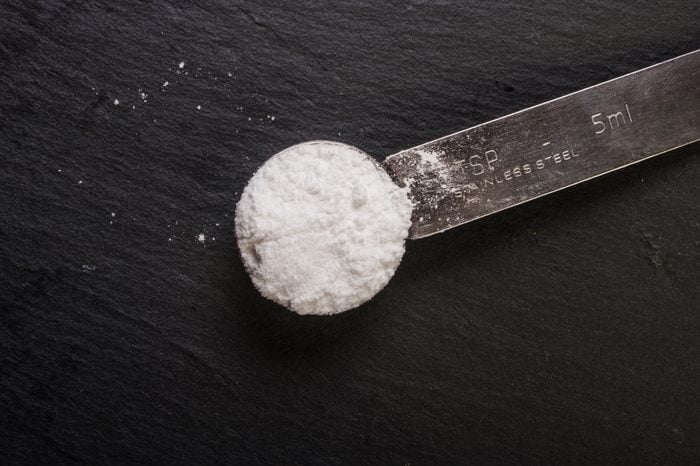
Should you be using artificial sweeteners?
Artificial sweeteners are problematic because they can be hundreds of times sweeter than table sugars, says registered dietitian Erin Pellegrin, nutrition manager at Unite for HER. That sweetness makes you crave sweeter foods and possibly shun healthy foods such as fruits and vegetables.
“We really should not be consuming them—or do our best to consume as little as possible,” Pellegrin says of artificial sweeteners. “We want to try to limit artificial things in general. When you have something 700 times sweeter, it trains our mouth to want sweeter things. We’re training our behavior in a way we don’t want to go.” Not all are 700 times sweeter, some are less and others are more, according to the FDA.
Consumption of these is still associated with a higher risk of metabolic syndrome and diabetes, according to research in Diabetes Care. And they can also affect your gut microbiome, per Advances in Nutrition.
However, Pellegrin also recommends watching your sugar intake too.
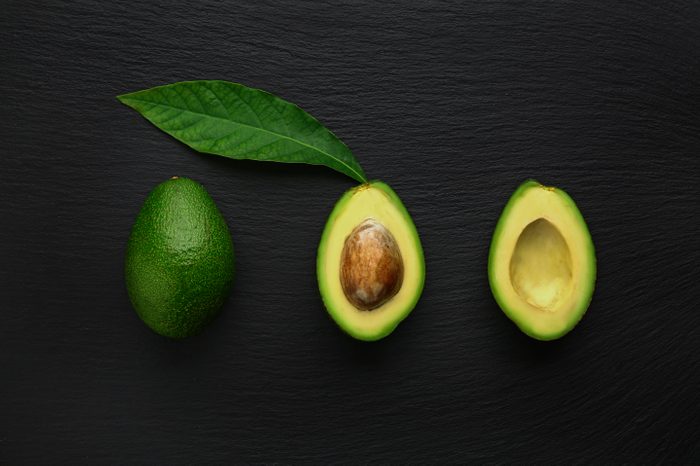
Should I be eating avocado if I want to stay healthy?
People often shy away from avocado due to its fat content and high calories—you can get 322 calories and 29 grams of fat from one avocado. But that doesn’t mean don’t deserve a spot in your diet.
A 2015 study in the Journal of the American Heart Association says eating one avocado a day can help improve cholesterol in people who are overweight. “Avocados are a source of monounsaturated fats, fiber, and plant sterols,” says registered dietitian Hailey Crean, of Hailey Crean Nutrition. “The plant sterols in have also been shown to have beneficial effects on cholesterol levels by competing with dietary cholesterol for absorption. It is still important to consider one’s overall diet and calorie intake,” Crean warns.
She recommends swapping out other sources of saturated fat, like whole milk, cream cheese, butter, and marbled meats, if you’re eating an avocado a day.
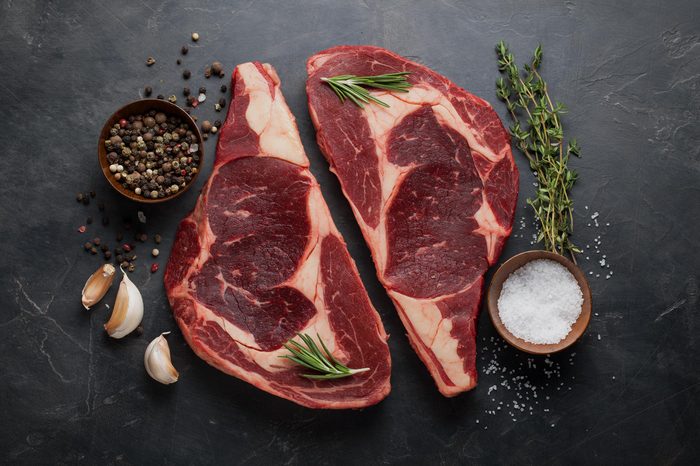
Is red meat bad for you?
Most of the research on red meat suggests it will raise your risk for heart disease—this JAMA Internal Medicine study is just one example. However, critics of the research point out that these studies don’t differentiate between processed meat—like bacon and hot dogs—and cuts like steak or lamb chops. Plus, red meat is high in iron and it supplies vitamin B12 and protein.
“When it comes to red meat, you’re better off choosing lean, low-saturated fat cuts like grass-fed bison steak rather than fattier cuts, especially fatty processed meats like bacon, bologna, hot dogs, ham, and sausages,” says registered dietitian Kimberly Gomer, director of nutrition with the Pritkin Longevity Center. “But even then, bison is a once-a-week choice, not an every-night choice, because it still has some saturated fat and cholesterol. ”
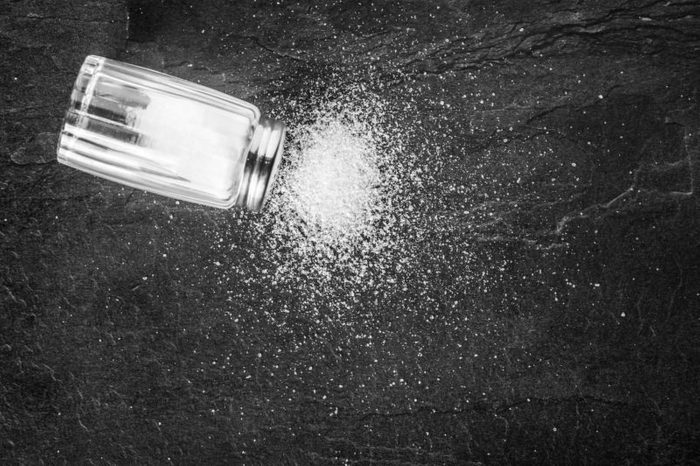
What should be my daily sodium intake?
The 2015-2020 Dietary Guidelines for Americans recommends everyone get less than 2,300 milligrams of sodium a day.
“It is important to consume the right amount of sodium to maintain the electrolyte balance in your blood since sodium is important for many body functions,” says registered dietitian nutritionist Stacy Ramirez. “But it is rare you aren’t getting enough sodium in your diet unless you have a medical condition that requires you to need extra sodium (like salt tablets).”
Too much sodium can cause bloating, puffiness, and water weight gain. In the long run, it can cause more serious side effects like increased risk of high blood pressure, stroke, heart failure, kidney stones, osteoporosis, and kidney disease, Ramirez says.

Are there benefits to sleeping naked?
This is a personal choice. Your body’s core temperature decreases before and during sleep and extreme heat or cold can cause your brain to wake you up to regulate your temperature, explains Rose McDowell, chief research officer at Sleepopolis.
“Whether or not sleeping naked is beneficial depends on your natural core temperature,” she says. “The ideal sleepwear is what’s best for you. If you sleep hot, it may be best to sleep naked to help keep your core temperature regulated. If you’re a cooler sleeper, pajamas or warm bedding might be necessary for you to stay comfortable and sleep through the night without waking.”
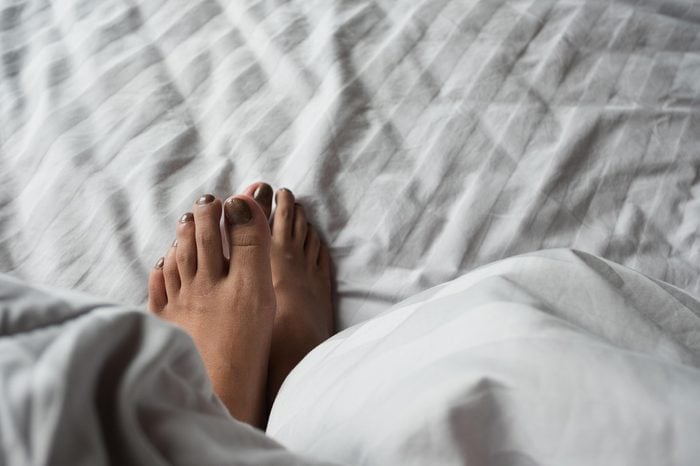
How long should a nap be?
Afternoon naps can help improve your alertness and performance and help lower stress levels if you’re sleep deprived, according to Conor Heneghan, PhD, Director of Research, Algorithms for Fitbit. While it’s tempting to nap until you wake, snoozing longer than 30 minutes in the middle of the day may interfere with your sleep cycle, preventing restful slumber at night. Heneghan recommends a 10- to 20-minute nap: It will keep your sleep light and help you feel fresh and alert afterward.
